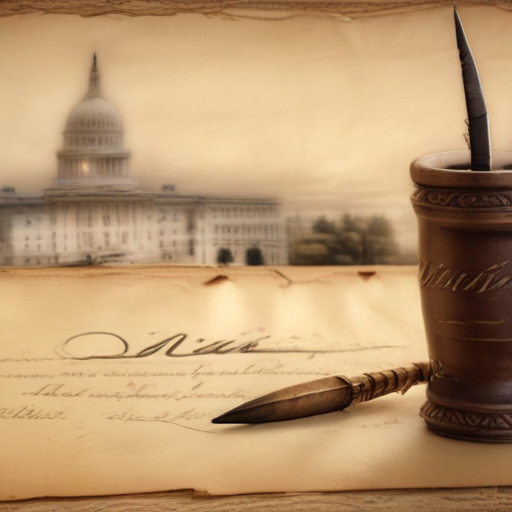In the summer of 1783, the newly freed American states faced a time of uncertainty and concern regarding their future. The Revolutionary War had concluded successfully, but the path forward remained unclear as each state tried to determine its relationship with one another and with Congress. Amidst this whirlwind, George Washington penned a significant correspondence known as the “Circular Letter to the States,” directed to the governors but meant for the entire American populace.
In this letter, Washington expressed his duty to congratulate the states on their tremendous achievements, attributing their victories to divine assistance. He fervently prayed for guidance, asking God to protect the states and foster a sense of unity among the citizens. Washington urged the people to embody principles such as justice, mercy, charity, and humility—all reflective of a higher moral standard aligned with the teachings of their faith.
The invocation of these virtues paints Washington’s letter almost as a sermon rather than a typical communication to government leaders. He emphasized that living out these principles would not only align individuals with divine expectations but also contribute to the happiness and unity of the nation.
Reflecting on this historical message today, particularly on Presidents’ Day, we are reminded of Washington’s hope for a harmonious and just society. His emphasis on community and moral virtues serves as a beacon for contemporary America, encouraging citizens to prioritize compassion and collaboration over division.
This letter not only highlights the challenges of Washington’s time but also offers timeless wisdom relevant to today’s societal dynamics. It remains a hopeful reminder that through collective efforts grounded in respect and mutual understanding, a stronger society can be forged.
